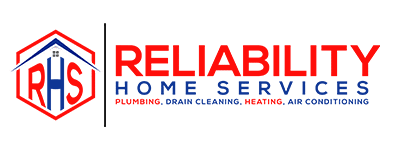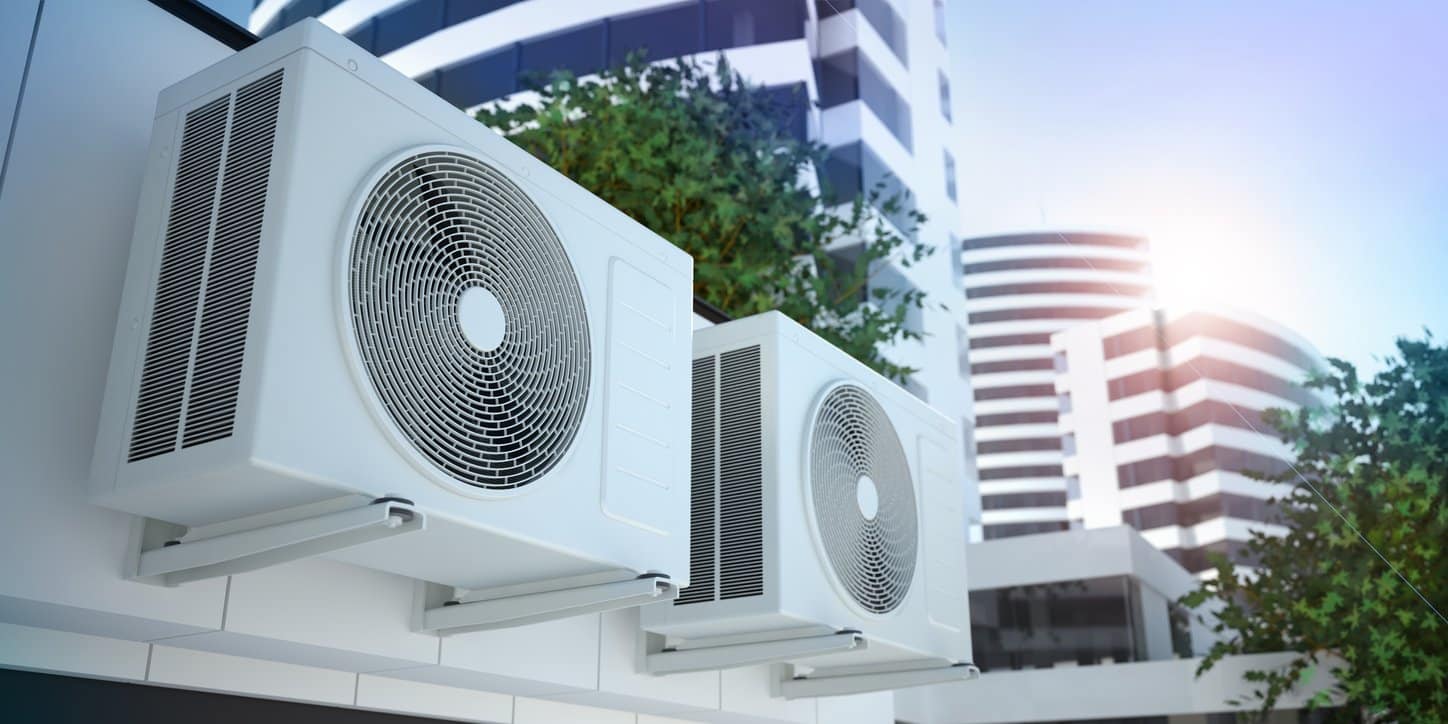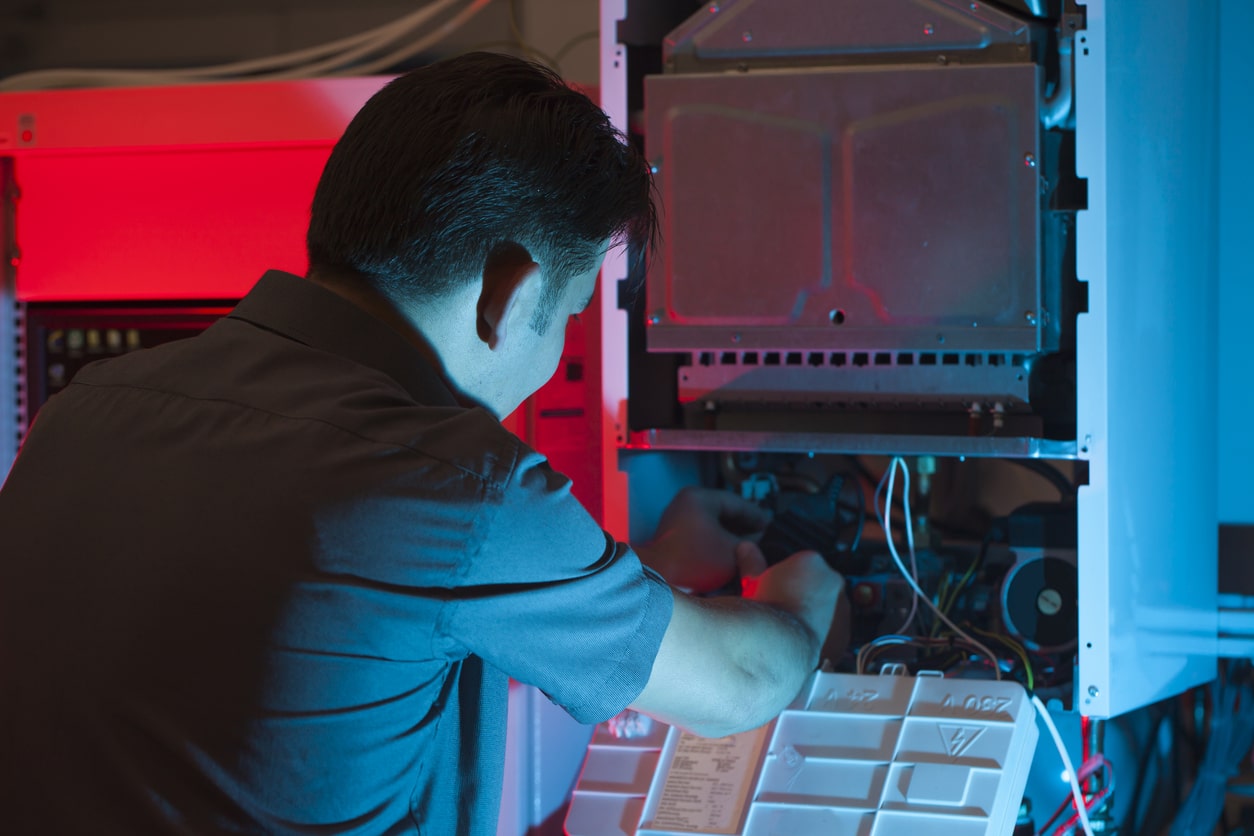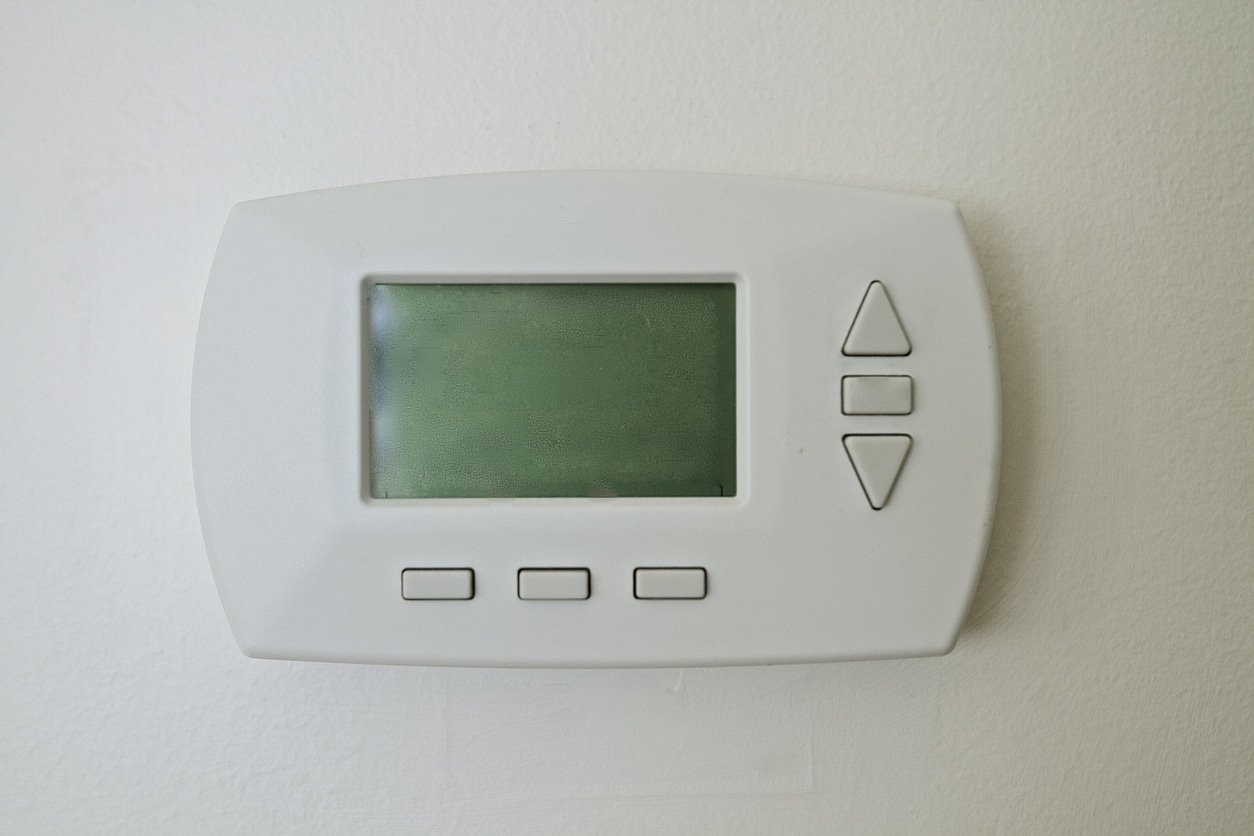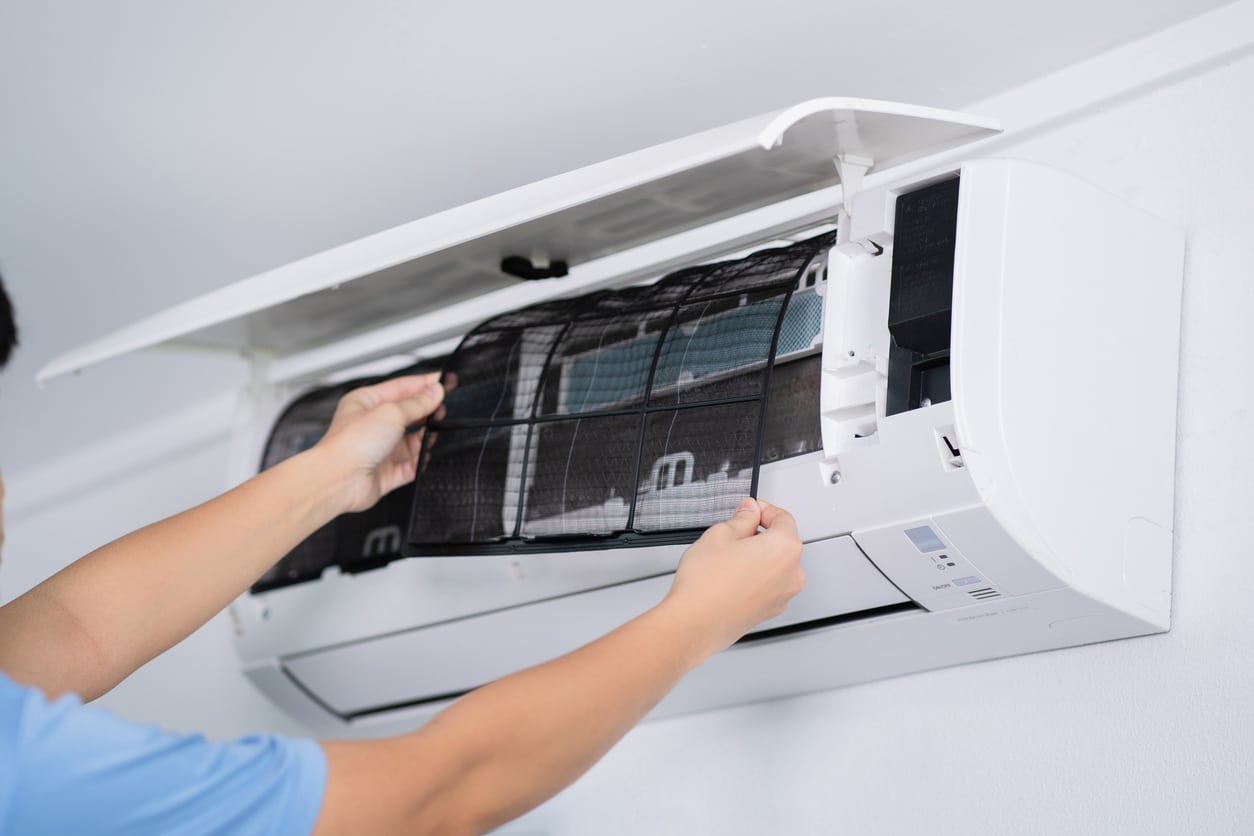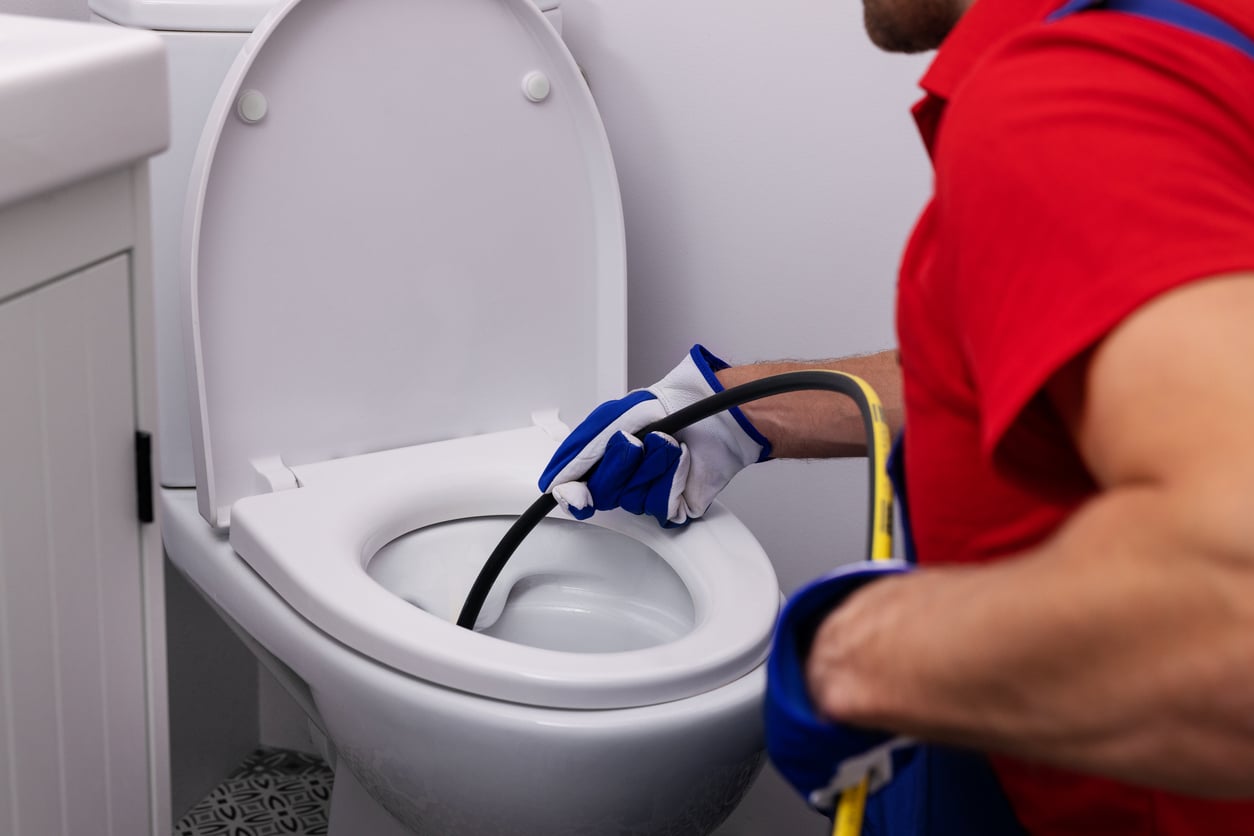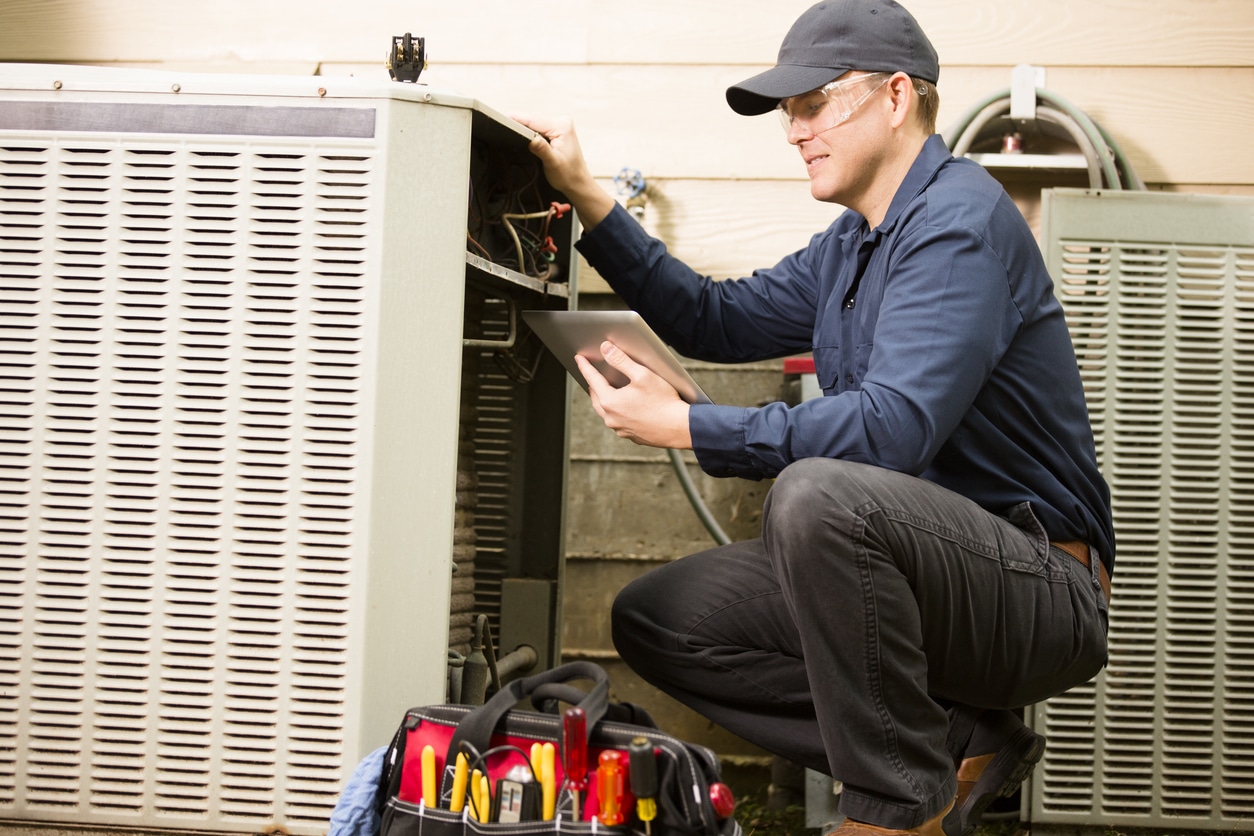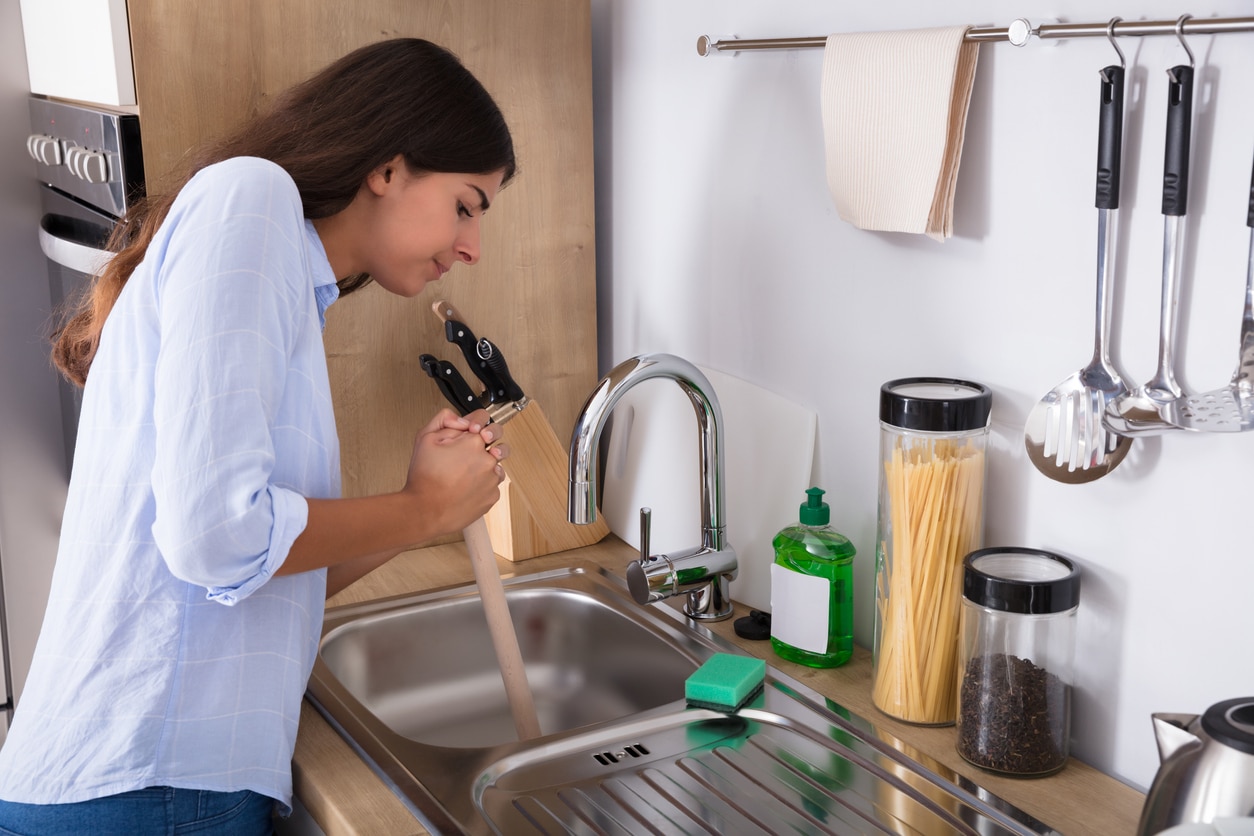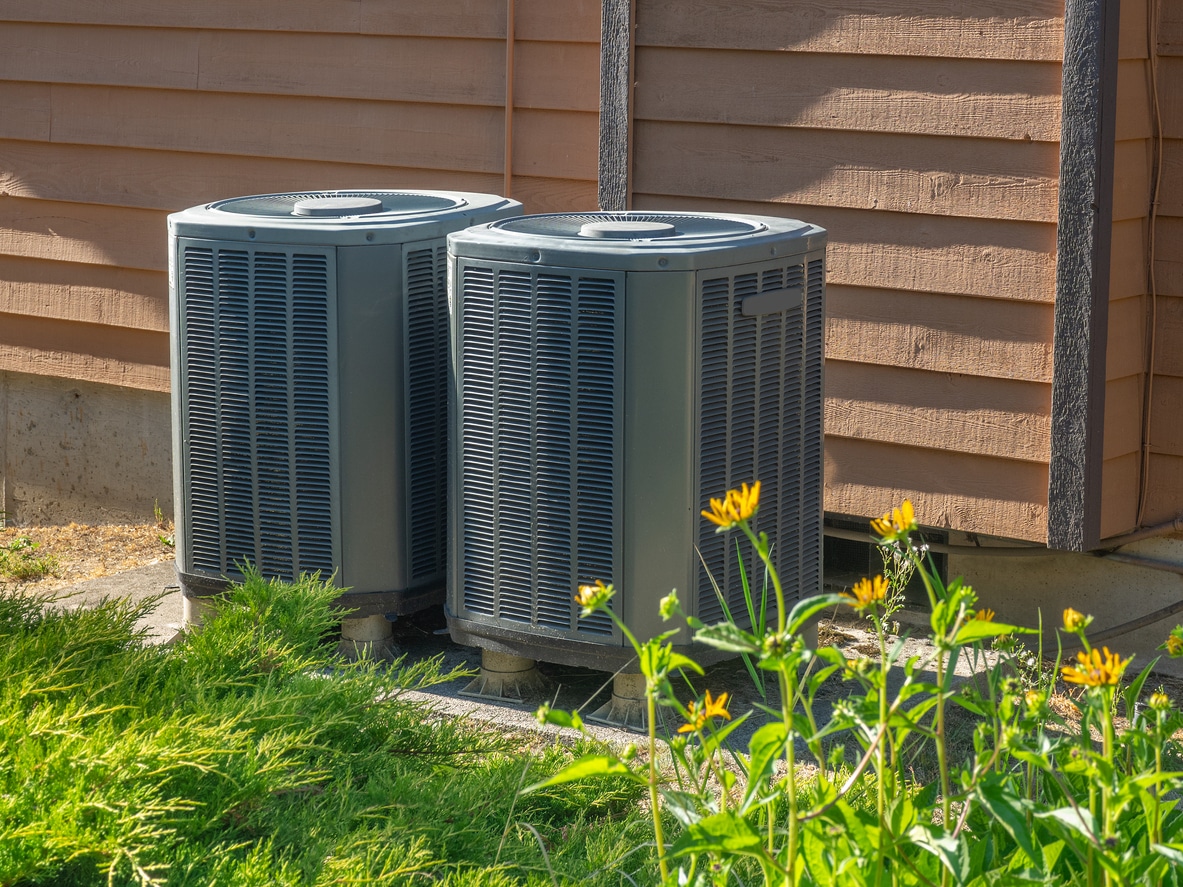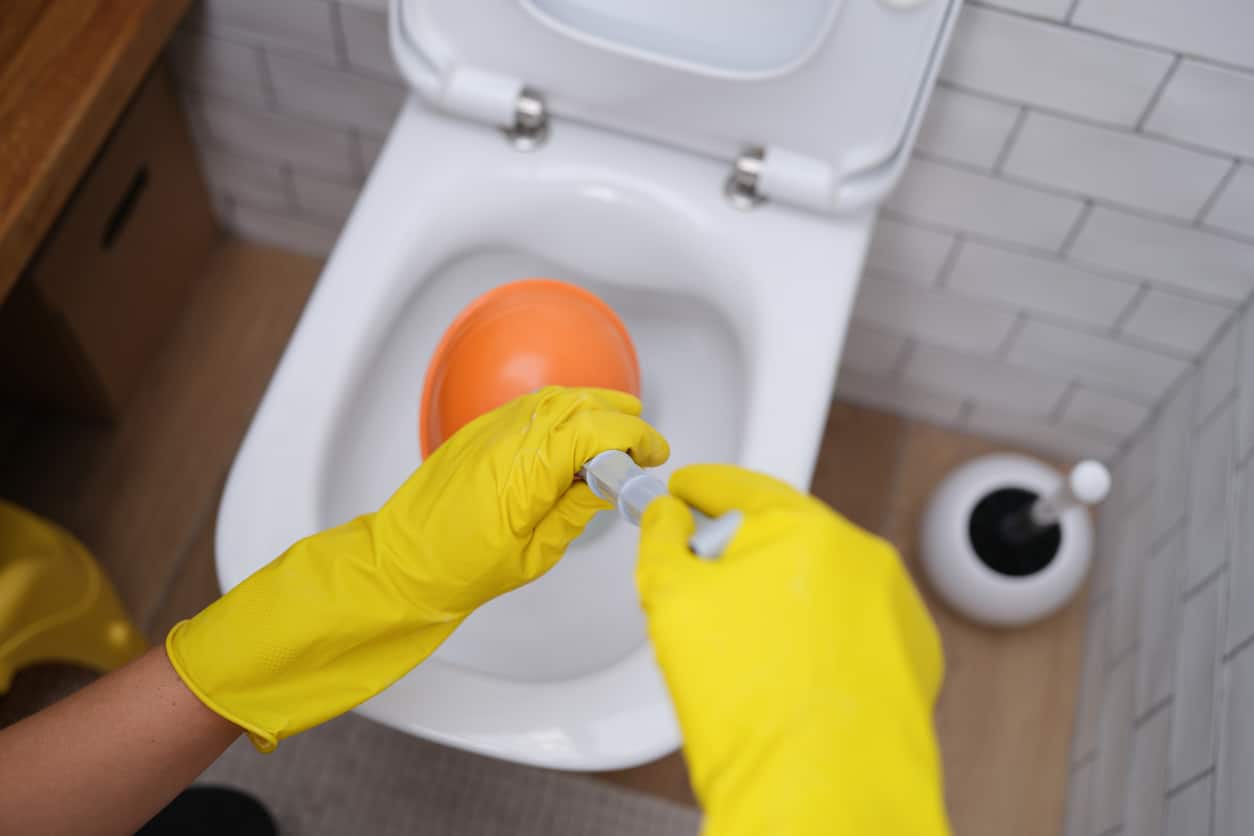Do you take your Stewarstown HVAC system for granted? You’re not the only one who hasn’t given your system much thought. In fact, most home and business owners don’t think twice about their heating and cooling needs until they experience a system failure. Rather than wait for discomfort to strike, take the time to learn more about your HVAC. With a little luck and maintenance, you might be able to limit your need to call someone for air and heating near me.
What is an HVAC System?
The term “HVAC” refers to heating, ventilation, and air conditioning. To put it very simply, an HVAC system controls the temperature and air flow in an indoor space. It could be used in a home or business, and its design varies based on the type of system and the needs of the owner.
Over the past decades, HVAC systems have come a long way. Contrary to what you might think, heating and cooling your home requires a sophisticated piece of equipment. In addition to dealing with temperature, the system also affects air quality. To keep your space comfortable, an HVAC may rely on plumbing, gas, and electrical systems.
HVAC technicians spend years honing their skills. Before they can effectively make repairs, the technicians study the way in which these systems work. And this means learning about everything from heat pumps to air purifiers. There’s no way for you to become as knowledgeable as a technician by reading a blog, but you can learn some of the basics of the system.
The Basics of HVAC Functionality
Despite the differences among HVAC systems, there are a few basics that apply. For instance, your heating and cooling depends on an energy source. Typically, this is either gas or electricity. The system uses the power to generate hot or cold air by using other components and machinery.
However the air is warmed or cooled, there’s always a distribution channel. The air has to get from the unit to your desired room in one way or another. In traditional central air systems, the means of distribution are ducts. But there are other ways in which a system distributes the air.
For an HVAC system to function well, it needs a control. Without a thermostat or remote, your air conditioner or heater would run constantly. Not only would this be a waste of energy, but it would make your home an uncomfortable place.
The Components
Understanding your HVAC means knowing about the components of the system. In most systems, there are air filters that keep debris from spreading throughout your system. Typically, filters are either replaceable or washable.
The blower is a part that relies on the motor to send air through the HVAC system. Other parts include:
- Refrigerant: In some systems, refrigerant changes phase to cool or heat your home
- Compressor: Compresses refrigerant into the vapor form
- Condenser: Changes the gas from the compressor to liquid
- Ducts: Pathways that allow air to travel from one place to another
With that said, there are many other components to HVAC systems. The components depend on your type of system.
The Various Cooling Systems
The key to understanding how HVAC systems work is knowing more about the specific type of system you have. To expand your knowledge, take a look at this breakdown of the types of cooling systems.
Cooling Systems
There are three common types of cooling systems. In a small apartment, there might only be a window air conditioner. But a newer home could have a central air conditioner or a mini split system.
Mini splits offer zone cooling options. They don’t rely on ducts to move the air, which means you need separate units to control the temperature in other rooms. Because mini splits don’t use ductwork, they’re easier to install than central air systems.
When you buy a new home, you should take the time to learn about your system. You don’t need to be an expert on your HVAC, but you should know what type of system you have. If you have trouble with your system, your knowledge could help you troubleshoot the issue or explain your concerns to an HVAC technician.
HVAC Maintenance
No matter what type of HVAC system you have, it needs maintenance. In fact, every aspect of your home heating and plumbing requires maintenance. If you don’t make an effort to keep your equipment running smoothly, you will need frequent repairs.
You could write a book on all of the types of maintenance hvac systems need. But there are a few general things you should expect to do with your system:
Change Out Filters
If you don’t change out the filters in your system, air can’t flow freely. The result is an inefficient system that draws too much energy and causes excess wear and tear.
Keep the Exterior Unit Clean
Leaves and other debris pose a danger to your exterior AC unit. To keep debris from affecting your system, maintain a clear area around the exterior unit.
Call for Maintenance
Rather than attempt to take everything on by yourself, rely on a professional for help. They can run through an extensive checklist and make sure your heating and cooling work the way they should.
Making Sense of Your System
Besides taking an extensive course on HVAC systems, you can’t expect to become an expert on home heating and cooling. Fortunately, you don’t need to know everything there is to know about your HVAC. The only thing you need is to have an experienced professional by your side.
When you have a reputable HVAC company, you can count on them to handle the maintenance and repairs of your system. If you have any issues with your heating or cooling, you don’t need to worry. Someone can come out and get your system back up and running.
Air and Heating Near Me
The next time you need air and heating near me, give us a call at Reliability Home Services. Ask us all your questions about your Stewartstown system, and trust us with your repairs and maintenance.
